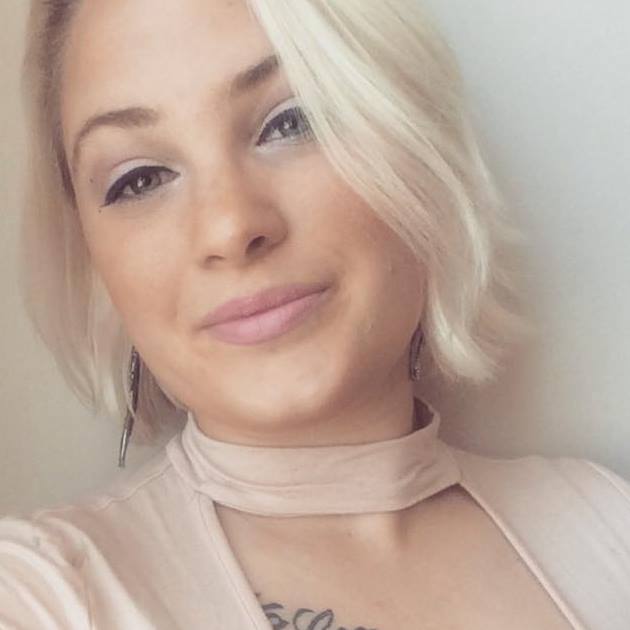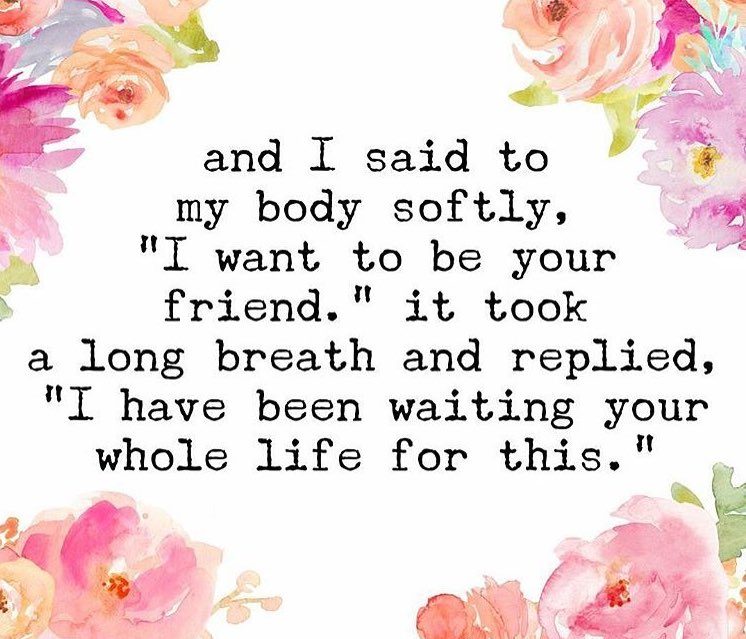Mental health awareness is something we talk a lot about these days. The buzz words and phrases for professionals are “burnout” and “work-life balance”. It’s true, burnout and work-life balance are real and deserve awareness but how do other mental health issues impact our professional lives and our relationships? It is one thing to talk about the affects of mental health on individuals, but it is another thing all together to actually understand the complexities of each affliction, and how deeply it changes a persons entire life. This piece is the first in a series of six vulnerable expose’s into the life of those afflicted with mental health issues for the sole purpose of creating more compassionate and understanding friendships, relationships and work environments.
Anorexia Nervosa is described as a psychiatric disorder characterized by an unrealistic fear of weight gain, self-starvation and conspicuous distortion of body image. The individual is obsessed with becoming increasingly thiner and limits food intake to the point where health is compromised. The disorder can result in hospitalization or death. According to the National Eating Disorder Information Centre, Anorexia Nervosa has the highest mortality rate of any psychiatric illness – it is estimated that 10% of individuals with AN with die within 10 years of the onset of the disorder. A survey conducted in 2002 concluded that approximately 1.5% of Canadian women aged 15-24 had an eating disorder with the number being significantly lower in men.
I wanted to truly understand how something like AN affected relationships. I understood being embarrased to eat in front of someone you had just met, but what about taking a client out for lunch to go over paper work, or meeting a blind date for dinner and not being able to eat? How could you enjoy yourself fully and how would this disorder affect your ability to connect with others over something most of us take for granted, a meal?
I met with Katie at a small coffee shop on the upper east side of town that specialized in organic fair-trade brew and offered alternatives to sugar and dairy. She greeted me with a smile and as I sat down with my large caramel latte,’ I noticed her plain black coffee already sitting at the table. If she was nervous I couldnt tell, it seemed as though she just needed someone to listen and I of course promised not to judge.
I asked Katie how AN affected the relationships in her life and what followed was a vulnerable introspective look at how deeply mental illness touches the core of our social and professional lives.
“My eating disorder is like a seperate entity, like an abusive relationship you can’t let go of and it influences every decision I make.”
“My anorexia affects every part of my life and of course that means my job. At work if someone changes lunch plans or there is a celebration with food, I am immediately filled with anxiety and my mind starts trying to think of any possible excuse as to why I cant attend the event. I sometimes will rearrange a client meeting for just a coffee instead of a full lunch if I am feeling anxious that day. My eating disorder is like a seperate entity, like an abusive relationship you can’t let go of and it influences every decision I make. It changes my personality from someone who is positive and upbeat, to someone who is on-edge, moody and unpredictable when sick.
Often colleagues will go out after work and socialize over pizza, beer and wings. More often than not I don’t attend out of fear that I will have to eat something to look normal. I try to avoid each situation in order to keep my disorder hidden. Sometimes I wonder if a colleague got promoted over me because of their ability to socialize outside of work…even though I know it shouldn’t be that way.
Each morning I plan my outfit carefully so that I don’t wear anything that will accentuate the areas I dislike, my stomach…my arms, and I am totally against any pictures. We had a baby shower at work last month and everyone wanted a group photo…I’m always the photographer, the girl behind the camera.”
When asked if anyone at work knew about her disorder she replied “I have thrown up in the office bathroom after forcing myself to eat a piece of cake that was brought in. I’ve had people tell me that I’m too thin or ask me why I’m not eating but I’m not sure if they know or just don’t want to ask.”
“It’s like you’re going to die before you allow yourself to be exposed even though everyone can already see it”.
Anorexia Nervosa may appear to be a disorder characterized by the irrational need to be thin but underneath the need for a “perfect” body there is a deep need for control. The culprit may exhibit signs of a perfectionist personality and will at all costs try to keep their suffering hidden. According to the Canadian Mental Health Association eating disorders can affect anyone, but some people may be at higher risk. People who experience lower self-esteem or poor body image, perfectionism, or difficulties dealing with stress may be more likely to experience an eating disorder. A lack of positive social supports and other important connections may also play a big part. In some cases, eating disorders can go along with other mental illnesses.
“Control is a huge part of anorexia” said Katie, “I always want to feel in control. When I was growing up everything was so chaotic, I had an abusive father and I was always walking on egg shells. It was very unstable and unpredictable. I found the one thing that I could control was my own actions, the way I looked and what I ate. Anorexia is so cunning, it makes you feel like you have to keep everything a secret or else you won’t be able to hide your disorder, it’s like…your going to die before you allow yourself to be exposed even though everyone can already see it”.
As I sat across from Katie watching her tell me her story, I couldn’t help but notice how beautiful she was with her dirty blonde hair and ocean blue eyes. A sadness came over me realizing that she herself doesn’t fully see her own beauty and I desperatly wished I could trade places with her, if only just for a moment, so she could see what I see. The family members of those afflicted with AN must feel its affects and force themselves to go on courageously with a broken heart, supporting their loved one at all costs.
When I asked Katie about the relationships she had with her family members her response was equally heartbreaking. “My family knows I have an eating disorder and want me to seek treatment. Whenever they bring it up I push them away…because I’m scared. I don’t speak to them for a few days, change the subject. or try to prove to them that I am just fine. I know deep down that I need help and that my family members and our relationships suffer, but I’m just not ready yet…I’m not sure I’ll ever be.”
As we parted I gave Katie a hug partially hoping I could soak up all of her sadness and thanked her for having the courage to own her story, allowing us to glimpse into her world. The relationships we form both personally and professionally are crucial to living happy, healthy lives, and the largest contributing factor for determining longevity. By having open and honest talks about what affects these relationships we can better understand, limit judgement and find the cure. The world needs courageous individuals to share their stories just as Katie did. Silence only breeds more silence, judgement and a lack of education. As of right now I’m just a journalist writing about topics that I hope can help people in one way or another, but what I do know is that everyone is deserving of the highest form of love. Self-love and self-worth are the fundamental building blocks for the most important relationship we can have, the relationship with ourselves. Remember you are loved, you are worthy and you are blessed.
If you or someone you know is suffering from an eating disorder you can get help now at Eating Disorder Hope
*At the time of writing this Katie is undergoing an 8-week inpatient treatment program.


